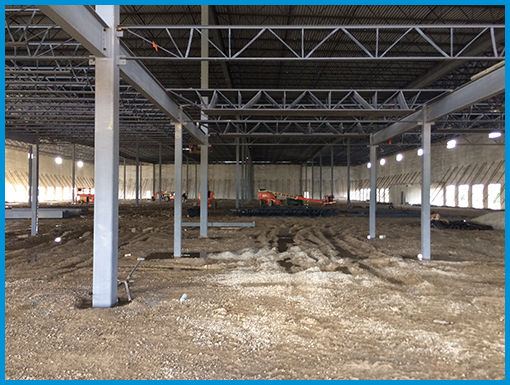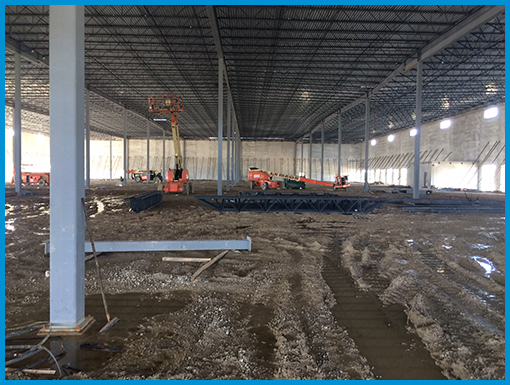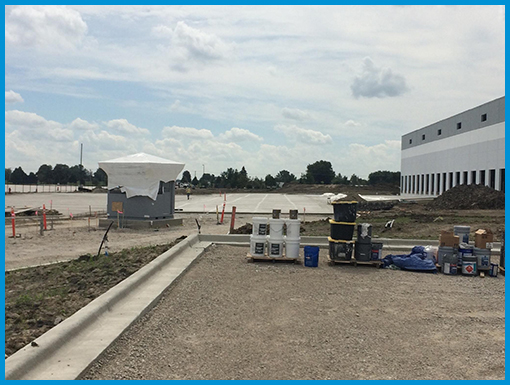ATA Reports that Freight Transportation Will See Continued Growth in Years to Come
Forecast Being Used to Help Develop Future Strategies at Trucking Companies
As the economy grows, so does the trucking industry. Last month, the U.S. Freight Transportation Forecast to 2027, compiled by the American Trucking Association (ATA), predicted that the future of freight transportation will grow in both freight volume and the amount of goods being transported by trucks over the next 20 years.
ATA President and CEO Chris Spear explained that Forecast “has proven to be a valuable tool for everyone from industry leaders to government policy makers.” This prediction will be used as a guideline to help trucking companies develop strategies for the future, improve revenue and find methods to improve shipping.
The Forecast suggested that overall revenue for the industry will rise nearly 66 percent and tonnage will increase 24 percent by 2022. This increase is due to the growth in the overall economy, according to ATA’s Chief Economist Bob Costello. “As we continue to see growth in the overall economy, particularly due to manufacturing, consumer spending and international trade, we will also see increases in the amount of freight moved in America’s trucks,” Costello reported on ATA’s website.
However, as the trucking industry is seeing growth, other modes of transportation may see a decline in tonnage and revenue. The ATA predicts that by 2022, rail transportation may only account for 14.6% of the transportation industry compared to 15.3% it accounted for in 2010. Rail and water transportation will lose market share to pipelines as the U.S. energy production grows.
In contrast to the growing trucking industry, driver shortage is continuing to be a problem across the industry and is expected to worsen as drivers retire and hiring qualified truck drivers becomes more and more difficult. The ATA reasons that the shortage may be due to factors such as demographic, regulatory and the fact that drivers may be away from home for long periods of time. The increase in trucks on the road in the coming years may present a problem for companies if there is a shortage in drivers. That is why organizations such as Trucking Moves America Forward (TMAF) are working to ensure the trucking industry remains thriving.
"We do know as long as our economy continues to grow, trucks will continue to move the vast majority of America’s goods, underscoring our industry’s critical role in our country’s future,” Spear reported on ATA’s website. Trucks are essential to our daily lives and there are no signs that the industry is slowing. Which is good news because as TMAF puts it - when trucks stop moving, the country stops moving.
Information sources, ATA and Robert’s Perryman PC












![FullSizeRender[1].jpg](https://images.squarespace-cdn.com/content/v1/54da7ea4e4b031c18cc80aaf/1470078375635-LYI2ETWLCN9GU8QRP4BZ/FullSizeRender%5B1%5D.jpg)
![FullSizeRender[2].jpg](https://images.squarespace-cdn.com/content/v1/54da7ea4e4b031c18cc80aaf/1470078385906-6FNAZ1BRWE2QEF9I8P46/FullSizeRender%5B2%5D.jpg)















